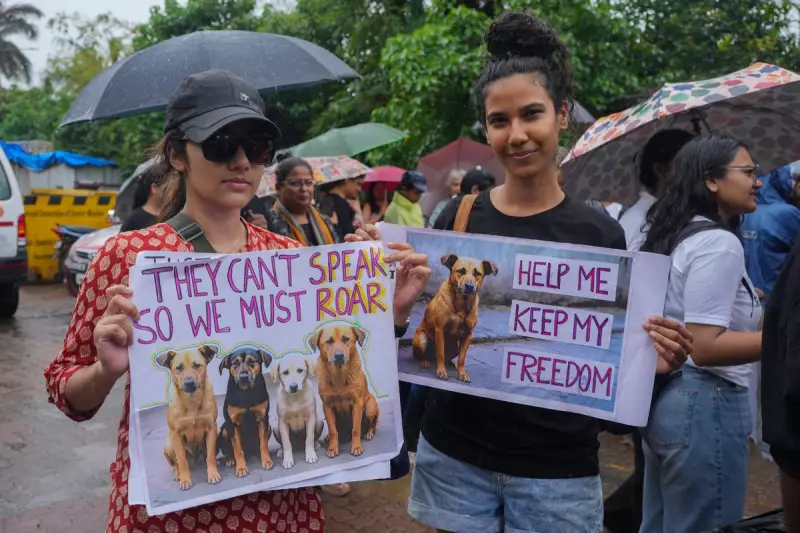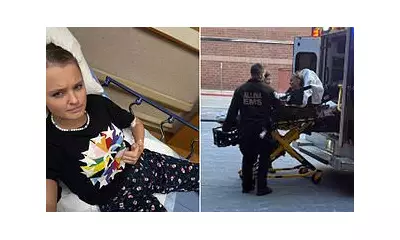
India's Supreme Court has delivered a powerful verdict demanding immediate government action to address critical shortages in the nation's rabies vaccine supply, following the heartbreaking death of a 10-year-old boy.
The bench, led by Justice BR Gavai, expressed profound dismay at the systemic failures that led to the child's preventable death after a dog bite. The court has given authorities a strict four-week deadline to implement comprehensive reforms.
A Preventable Tragedy
The case centres around a young boy from Tamil Nadu who succumbed to rabies after frantic efforts to locate the vital vaccine across multiple healthcare facilities proved futile. His family's desperate search exposed gaping holes in India's medical infrastructure.
'The death of a child due to the non-availability of vaccine is unacceptable,' Justice Gavai stated during the proceedings, highlighting the grave responsibility of the state to protect its citizens.
Nationwide Implications
The court's intervention goes beyond this single case, addressing what has been described as an 'alarming state of affairs' in vaccine availability across the country. The ruling mandates:
- Immediate assessment of rabies vaccine stocks in all government hospitals
- Development of a robust distribution network to prevent stock-outs
- Implementation of real-time tracking systems for vaccine availability
- Standardised treatment protocols for animal bite cases nationwide
Government Accountability
The Supreme Court has specifically directed the Union Health Ministry to take proactive measures, questioning why previous directives on the matter had not been implemented effectively. The ruling emphasises that access to essential medicines constitutes a fundamental right under Article 21 of the Indian Constitution.
This landmark decision is expected to trigger significant improvements in India's public health emergency preparedness, potentially saving countless lives from preventable diseases.





